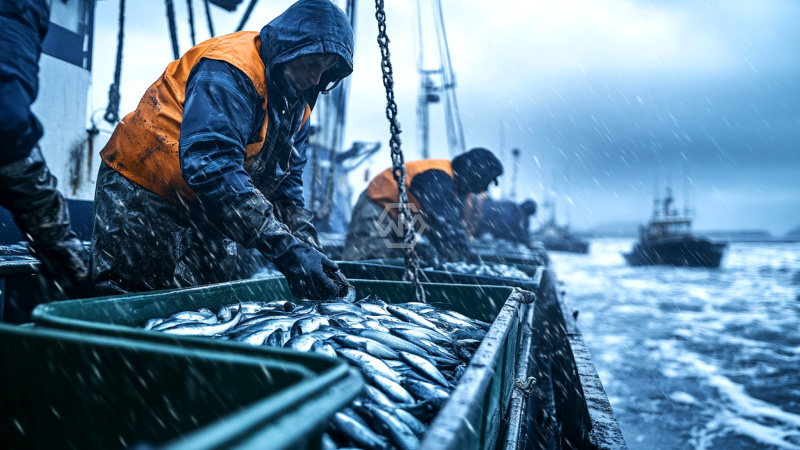- Russia and Morocco are finalizing a four-year fisheries agreement allowing up to 100,000 tons of annual fish catch.
- The agreement includes an annual fee of $7.75 million and 17.5% of catch value as charges.
- Target species include sardines, mackerel, sardinella, and anchovies, with up to ten Russian vessels allowed in the first year.
Russia is on the verge of securing an annual quota of up to 100,000 tons of fish from Moroccan waters. This is part of a new four-year bilateral fisheries agreement.
In exchange, Russia will pay Morocco an annual access fee of $7.75 million. There will also be license fees totaling 17.5% of the catch value. The agreement is a continuation of Russia’s “Great African Expedition,” launched in August 2024. It aims at studying and leveraging fish resources across African waters.
Russia Expands Fishing Footprint in Africa With Strategic Morocco Agreement
The upcoming fisheries agreement between Russia and Morocco reflects a strategic partnership. Both nations seek mutual economic and scientific benefits. For Russia, it’s part of a larger plan to tap into African marine resources amid growing global competition. Morocco benefits from revenue and increased maritime collaboration.
Unlike the previous arrangement that expired in 2024, this deal outlines clearer economic terms, including fixed and variable payments. The annual $7.75 million access fee and additional 17.5% charges based on catch value present a more structured compensation model for Morocco.
Environmental sustainability and data-sharing are embedded into the agreement’s framework. The joint Russian-Moroccan commission will monitor fishing practices and vessel activity to ensure resource conservation and sustainable yields. This aligns with Morocco’s efforts to protect its marine biodiversity while fostering foreign partnerships.
Russia’s broader “Great African Expedition” plays a crucial role in shaping such agreements. By studying fish stocks in 19 African countries, Russia gains valuable data for future negotiations and resource planning. Morocco’s inclusion in the first phase of the expedition further illustrates its importance in Russia’s African marine strategy.
This fisheries deal is more than a commercial exchange. It’s a calculated step in a deepening geopolitical and scientific collaboration between Russia and Africa’s coastal nations.
“The sea, once it casts its spell, holds one in its net of wonder forever.” — Jacques Cousteau



